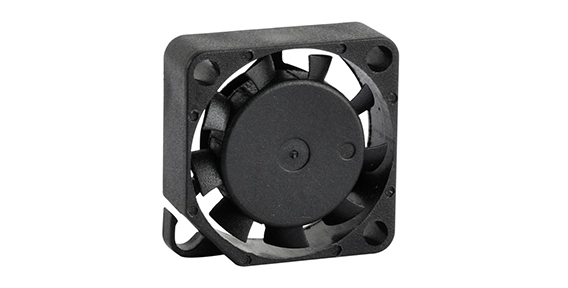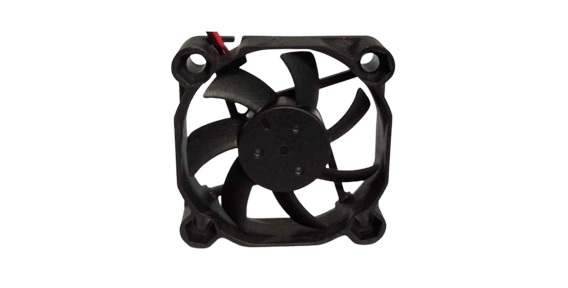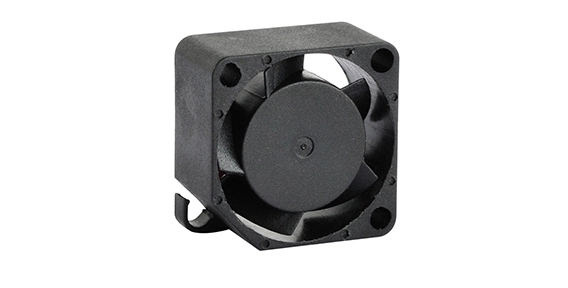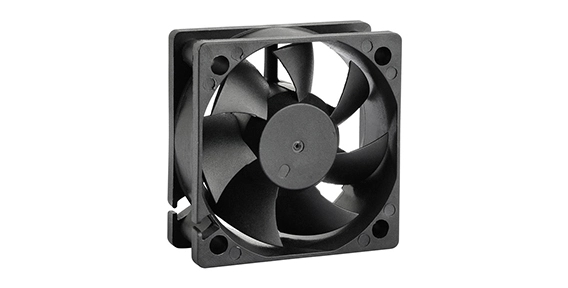In the world of cooling systems, the debate between DC fans and AC fans has been ongoing. Each type of fan has its own advantages and disadvantages, but which one is truly better? In this article, we will compare the DC fan cooler and AC cooler fan, and discuss the advantages and disadvantages of each.
Comparison between DC fan cooler and AC cooler fan
When it comes to cooling systems, both DC fans and AC fans have their own unique characteristics. A DC fan cooler operates on direct current, which means it can be powered by a battery or a DC power source. On the other hand, an AC cooler fan operates on alternating current and requires a power outlet.
One of the key differences between DC and AC fans is their energy efficiency. DC fans are generally more energy-efficient compared to AC fans. This means that they consume less power, resulting in lower electricity bills. Additionally, DC fans often have variable speed settings, allowing users to adjust the airflow according to their needs. This can lead to further energy savings.

Advantages and disadvantages of DC fan cooler and AC cooler fan
DC cooler fans, as a kind of axial cooling fan, have several advantages that make them a popular choice among consumers. Firstly, they are known for their quiet operation. DC fans produce less noise compared to AC fans, which can be beneficial in environments where noise pollution is a concern, such as offices or bedrooms.
Another advantage of DC cooler fans is their longevity. Due to their lower energy consumption and efficient motor design, DC fans tend to have a longer lifespan compared to AC fans. This can result in cost savings in the long run.
However, DC cooler fans also have some disadvantages. One of the main concerns with DC fans is their initial cost. They are generally more expensive to purchase compared to AC fans. However, the energy savings and longer lifespan of DC fans can offset this initial investment.
On the other hand, AC cooler fans have their own set of advantages and disadvantages. One of the key advantages of AC fans is their affordability. They are generally cheaper to purchase compared to DC fans, making them a budget-friendly option for many consumers.
Another advantage of AC cooler fans is their compatibility with existing infrastructure. Since most buildings are already equipped with AC power outlets, it is easier to install and operate AC fans. Additionally, AC fans are often capable of providing higher airflow compared to DC fans, making them suitable for larger spaces.
However, AC fans have their drawbacks as well. They tend to be less energy-efficient compared to DC fans, leading to higher electricity consumption. Additionally, AC fans are typically noisier compared to their DC counterparts, which can be a disadvantage in certain environments.

Decoding the debate between DC fan coolers and AC fans
In conclusion, both DC fans and AC fans have their own advantages and disadvantages. Factors such as energy efficiency, noise level, lifespan, and compatibility should be considered when choosing the right cooling system.
While DC fans are generally more energy-efficient, quieter, and have a longer lifespan, they come with a higher initial cost. On the other hand, AC fans are more affordable and compatible with existing infrastructure, but they tend to consume more energy and produce more noise. Ultimately, the choice between DC and AC fans depends on the specific requirements and preferences of the consumer.
Overall, it is important to weigh the pros and cons of each type of fan before making a decision. Whether it is a DC fan cooler or an AC cooler fan, the key is to choose a reliable brand like Xie Heng Da that offers high-quality products like axial cooling fan to ensure optimal cooling performance.

 EN
EN 
 +
+
 +
+
 +
+



